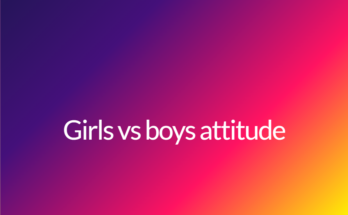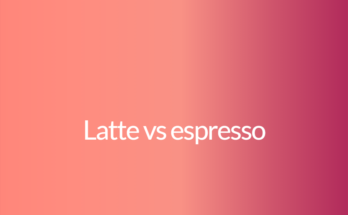Deepawali vs Holi
Introduction
Deepawali and Holi are both widely celebrated festivals in India. These festivals hold great significance and are celebrated with much enthusiasm and joy. While Deepawali is known as the festival of lights, Holi is known as the festival of colors. Although both festivals are unique in their own ways, they have some key differences.
Differences between Deepawali and Holi
| Aspect | Deepawali | Holi |
|---|---|---|
| Meaning | Deepawali, also known as Diwali, symbolizes the victory of light over darkness and good over evil. | Holi represents the arrival of spring, the triumph of good over evil, and the joy of unity and diversity. |
| Date | Deepawali is typically celebrated in the months of October or November, based on the Hindu lunar calendar. | Holi is generally observed in the month of March, during the full moon phase. |
| Duration | Deepawali is a four to five-day festival, with each day having its own significance and rituals. | Holi is primarily celebrated on a single day, although the festivities may extend to a few days in some regions. |
| Style of Celebration | Deepawali involves lighting oil lamps or candles, decorating homes with colorful rangoli patterns, exchanging gifts, and bursting firecrackers. | Holi is celebrated by throwing colored powders and water at each other, singing and dancing, and indulging in sweets and special dishes. |
| Religious Significance | Deepawali is celebrated by Hindus to honor Lord Rama’s return to Ayodhya after defeating the demon king, Ravana. | Holi has both religious and mythological significance. It commemorates the divine love between Lord Krishna and Radha, and the victory of Lord Krishna over the demoness Holika. |
| Regional Variations | Deepawali is celebrated throughout India with regional variations in rituals and traditions. | Holi is celebrated with great fervor in North India, especially in the states of Uttar Pradesh and Rajasthan, but is also observed in other parts of India. |
Conclusion
Deepawali and Holi are both important festivals in India, each with its own unique customs and traditions. Deepawali signifies the victory of light over darkness and good over evil, while Holi represents the arrival of spring and the celebration of unity and diversity. While Deepawali is celebrated over several days with rituals such as lighting lamps and bursting firecrackers, Holi is celebrated on a single day by throwing colors and enjoying music and dance.
Whether it is the festival of lights or the festival of colors, both Deepawali and Holi bring people together, spreading joy, happiness, and a sense of togetherness among all.



